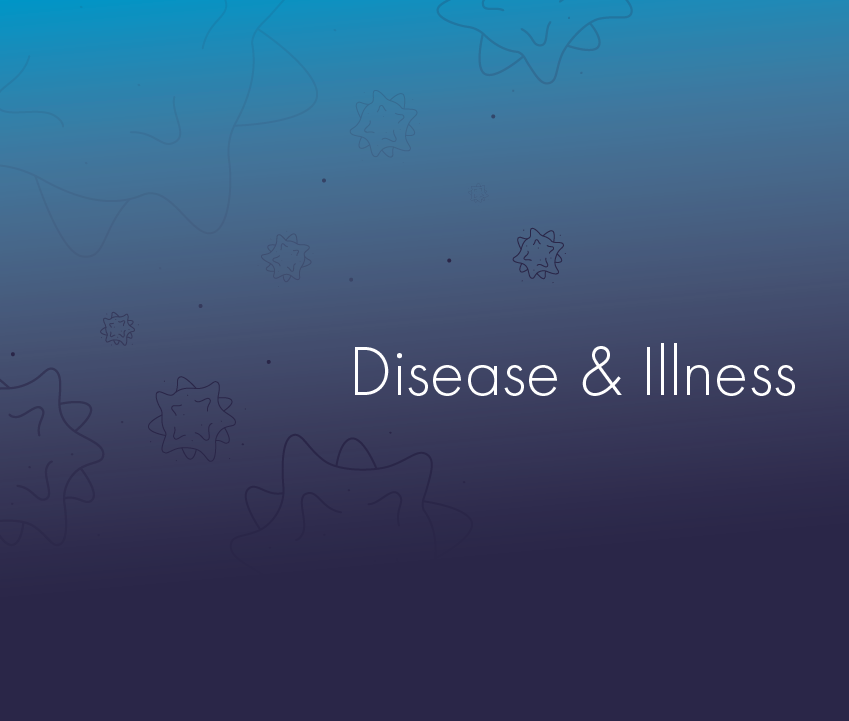Algoma Public Health
Blastomycosis
Farmers, forestry workers, hunters and cottagers may be exposed to blastomycosis if contaminated soil gets disturbed. Fortunately, the fungus grows only under specific conditions and infection is rare but is known to exist in Algoma.
What is blastomycosis?
Blastomycosis (blasto) is a rare fungal infection caused by breathing in a fungus (Blastomyces dermatitidis), which is found in wood and damp soil.
What are the symptoms of blastomycosis?
Infection may result in a flu-like illness with fever, chills and cough. Some patients develop a serious lung infection. When blastomycosis spreads, it can affect many areas of the body, including the skin, bones and genitourinary tract (the reproductive organs and urinary system). About half of people exposed to the fungus will develop mild to severe illness.
How do people get blastomycosis?
Exposure primarily occurs from inhalation of blastomycosis spores. Farmers, forestry workers, hunters, campers, hikers and gardeners may be exposed at wooded sites if contaminated soil gets disturbed. Fortunately, the fungus grows only under specific conditions.
In rare cases, infection can occur from a break in the skin. Blastomycosis does not transmit from person-to-person or from animals to people.
Where is the fungus that causes blastomycosis found?
The fungus is found in acidic, moist soil in parts of Northern Ontario, Manitoba, Saskatchewan, Quebec and in other areas around the Great Lakes and Mississippi River Valley. The presence of Blastomyces dermatitidis may be indicated by a white or tan mould in moist soil and decaying wood.
What should I do if I think I have blastomycosis?
If you have a persistent cough, muscle aches, joint pain, tiredness, chills, low-grade fever, skin sores or unexplained weight loss, tell your doctor that you may have been exposed to the fungus that causes blastomycosis. The doctor will want to know if you have been in a high-risk area and in contact with moist soil. Without treatment, blastomycosis can become a serious illness. The diagnosis can be made from a sample of saliva, pus, urine or the skin lesions, depending on your symptoms. After diagnosis, prompt treatment with antifungal medication is very important and may be required for several months.
How can I avoid blastomycosis?
Even if you work, live, or vacation in the areas where the fungus grows, it is important to remember that blastomycosis is a rare condition and the risk of getting it is very low. If your immune system is weakened, you should consider avoiding activities that require working with soil in areas where blastomycosis can be found.
If you would like to speak to a public health inspector about a concern related to blastomycosis, please call 705-942-4646 or toll-free at 1.866-892-0172.










